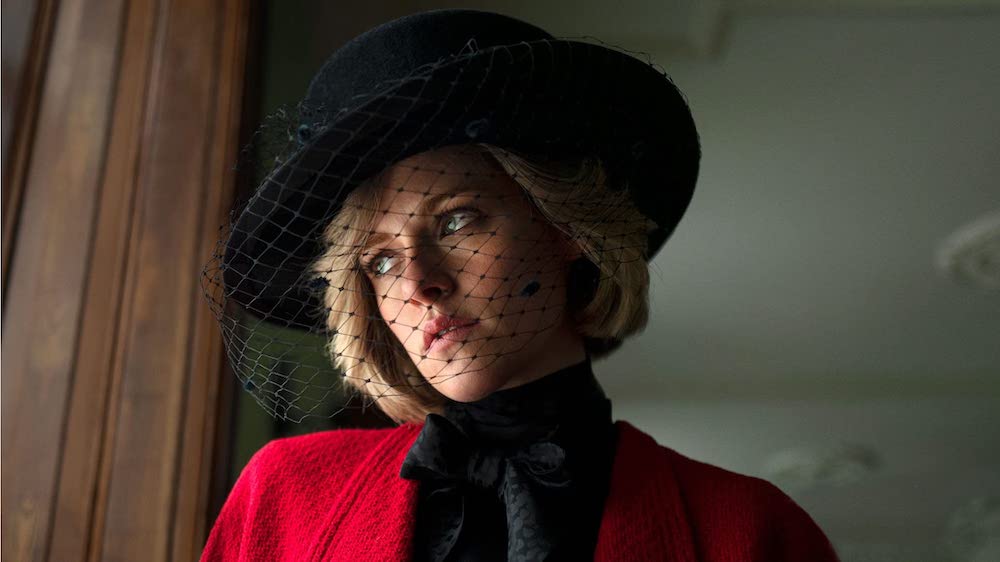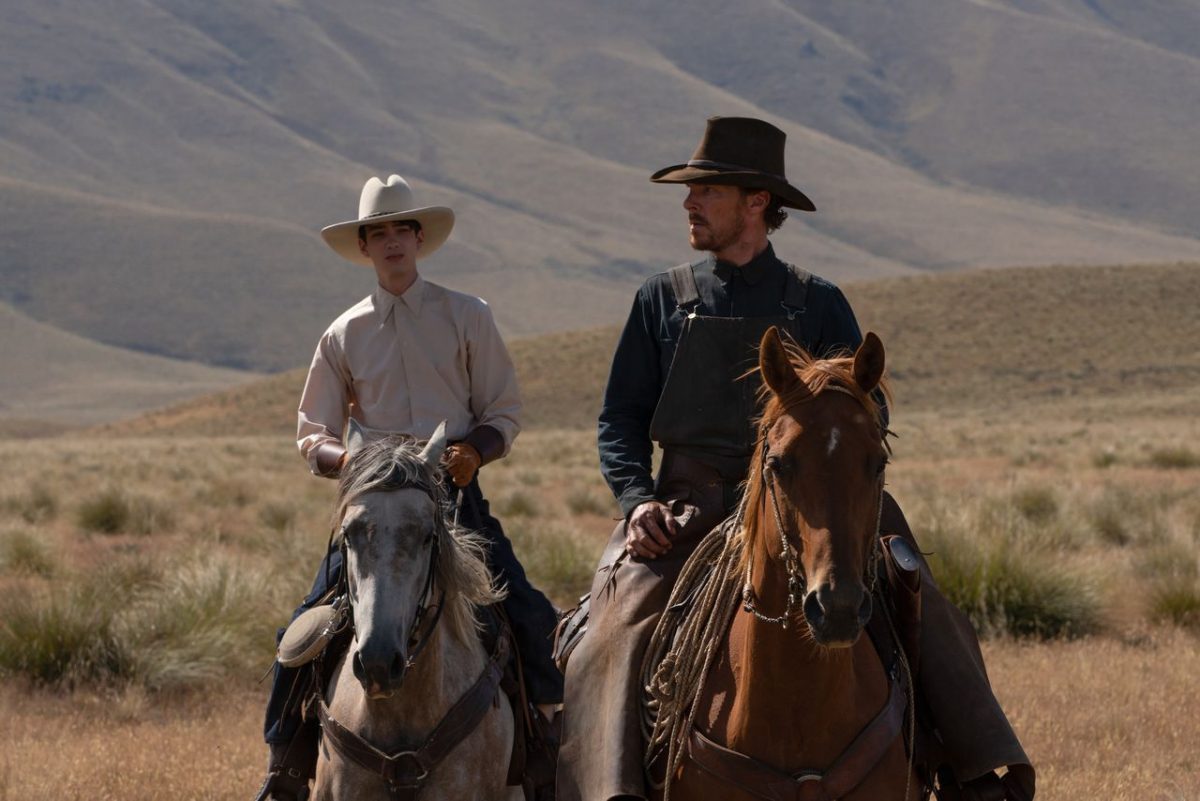The Power of the Dog swept the Southeastern Film Critics Association’s annual awards poll, earning not only the Best Picture award, but also Best Director for Jane Campion, Best Actor for Benedict Cumberbatch, Best Supporting Actress for Kirsten Dunst, Best Supporting Actor for Kodi Smit-McPhee, and Best Adapted Screenplay for Campion’s work transforming novelist Thomas Savage’s story for the screen.
“Jane Campion has been one of our finest directors for decades, and I’m thrilled that our members chose to recognize her exquisite work on The Power of the Dog,” says SEFCA President Matt Goldberg. “Campion has crafted a unique Western that gets to the core of the genre while still feeling fresh and vital. It’s an absolute triumph of mood, performances, and craft that will certainly go down as one of her finest movies in a career full of marvelous filmmaking.”

Kristen Stewart won Best Actress for her portrayal of Diana, the late Princess of Wales, in Spencer. The Best Ensemble acting award went to Wes Anderson’s sprawling tribute to journalism, The French Dispatch.

Best Original Screenplay went to Paul Thomas Anderson for Licorice Pizza. The sci-fi epic, Dune, won Best Cinematography and Best Score for Hans Zimmer.
Best Documentary went to Summer of Soul, which also placed #10 in the overall rankings. Best Animated Feature went to The Mitchells vs. The Machines. In what must surely be a first, the experimental documentary Flee placed second in both the documentary and animated film categories.

As a member in good standing, your columnist voted in the poll. You can see how my choices differed from the consensus choices in the December 23rd issue of the Memphis Flyer. Here is the complete list of awards winners for 2021:
Top 10 Films
1. The Power of the Dog
2. Licorice Pizza
3. Belfast
4. The Green Knight
5. West Side Story
6. The French Dispatch
7. Tick, Tick…BOOM!
8. Drive My Car
9. Dune
10. Summer of Soul
Best Actor
Winner: Benedict Cumberbatch, The Power of the Dog
Runner-Up: Will Smith, King Richard
Best Actress
Winner: Kristen Stewart, Spencer
Runner-Up: Alana Haim, Licorice Pizza
Best Supporting Actor
Winner: Kodi Smit-McPhee, The Power of the Dog
Runner-Up: Jeffrey Wright, The French Dispatch
Best Supporting Actress
Winner: Kirsten Dunst, The Power of the Dog
Runner-Up: Aunjanue Ellis, King Richard
Best Ensemble
Winner: The French Dispatch
Runner-Up: Mass
Best Director
Winner: Jane Campion, The Power of the Dog
Runner-Up: Steven Spielberg, West Side Story
Best Original Screenplay
Winner: Paul Thomas Anderson, Licorice Pizza
Runner-Up: Wes Anderson, The French Dispatch
Best Adapted Screenplay
Winner: Jane Campion, The Power of the Dog
Runner-Up: Tony Kushner, West Side Story
Best Documentary
Winner: Summer of Soul
Runner-Up: Flee
Best Foreign-Language Film
Winner: Drive My Car
Runner-Up: The Worst Person in the World
Best Animated Film
Winner: The Mitchells vs. The Machines
Runner-Up: Flee
Best Cinematography
Winner: Greig Fraser, Dune
Runner-Up: Ari Wegner, The Power of the Dog
Best Score
Winner: Hans Zimmer, Dune
Runner-Up: Jonny Greenwood, The Power of the Dog

